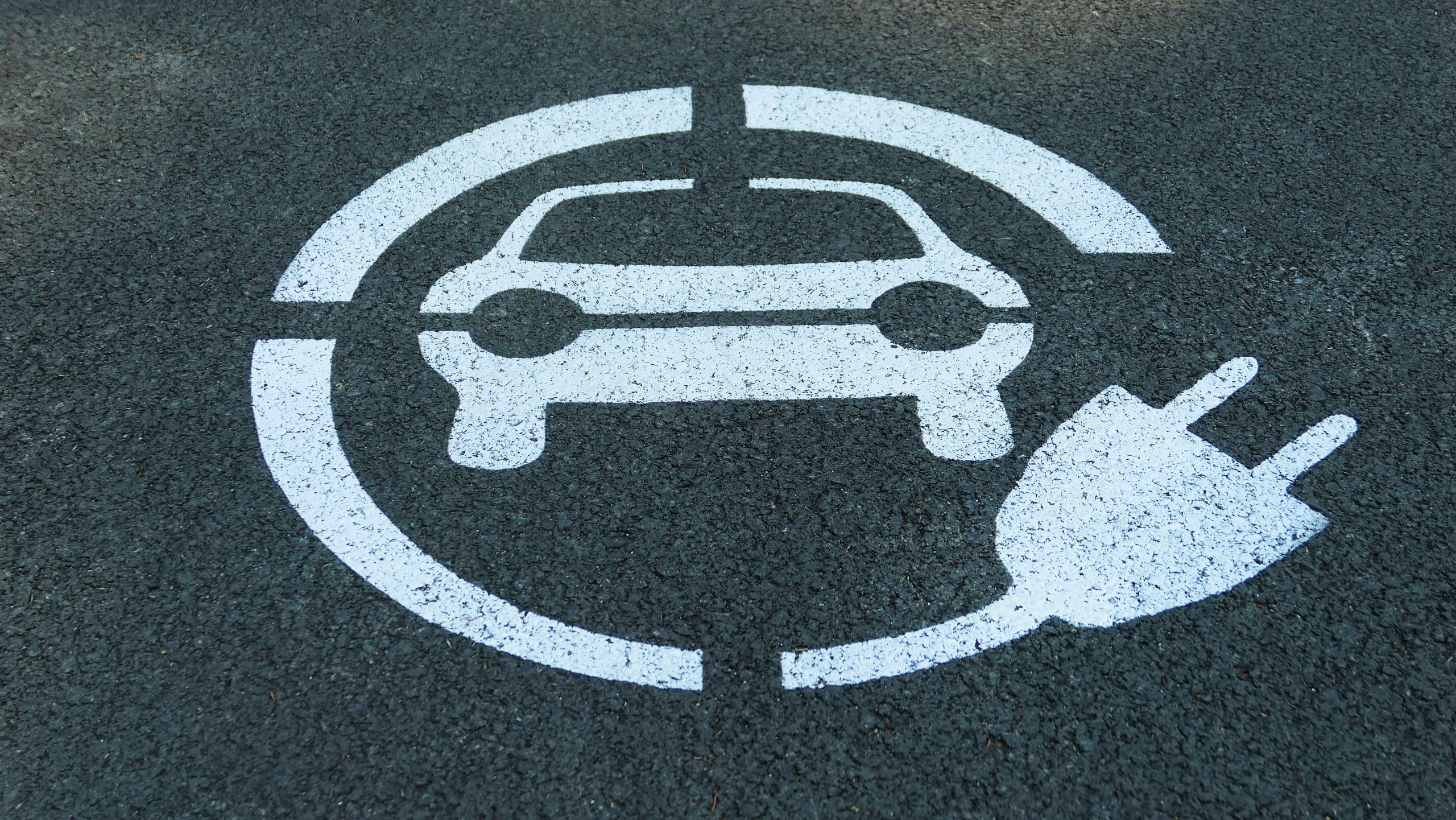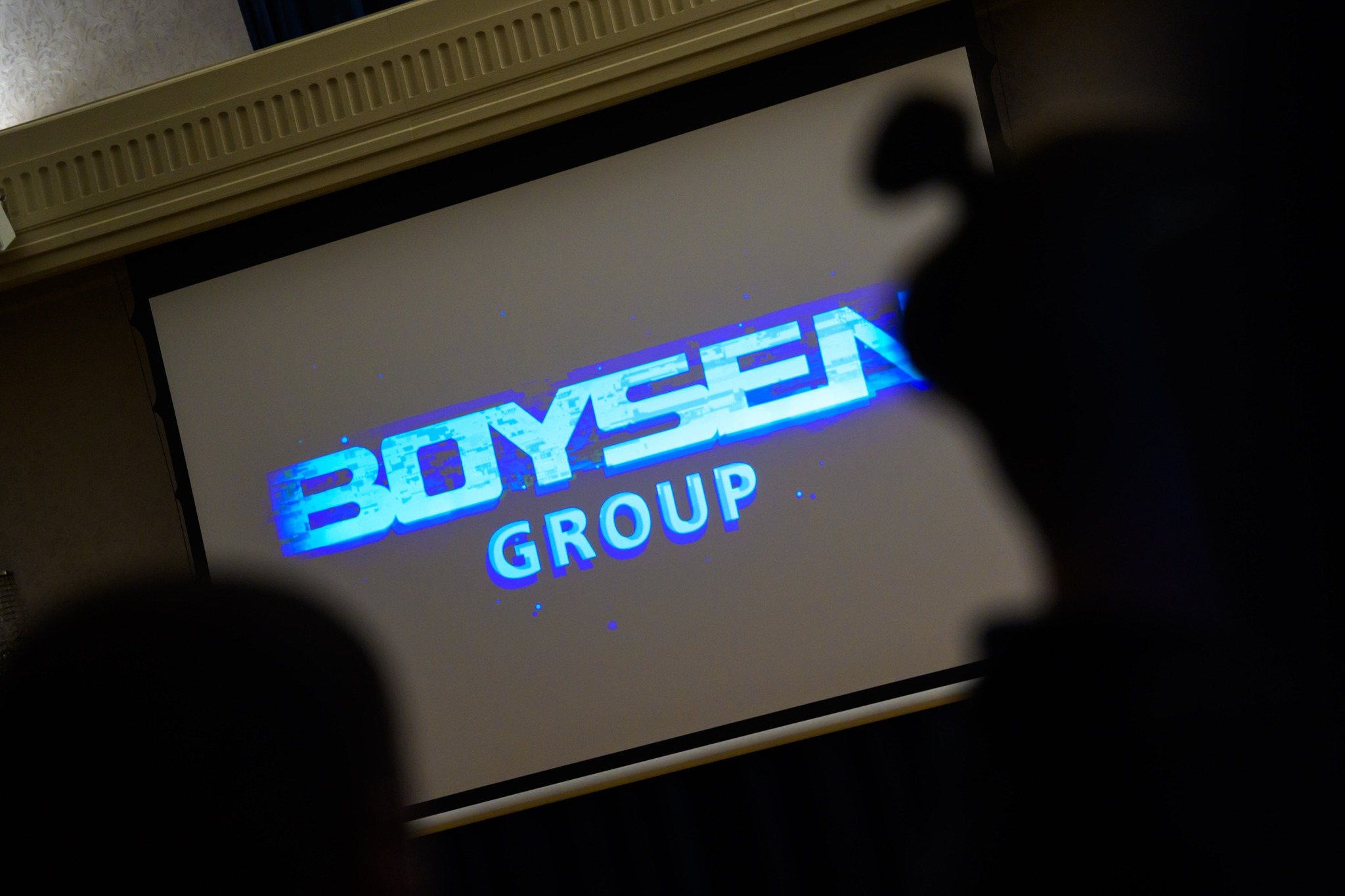
South Korean company W-Scope opens its first European plant in Hungary.Continue reading

The Boysen Group is investing HUF 60 billion (EUR 154 million) to create 400 new jobs in Nyíregyháza in eastern Hungary. The new plant will produce electric car components, specifically battery cover plates, for BMW’s plant in Debrecen, Minister of Foreign Affairs and Trade Péter Szijjártó announced on Monday.
In his speech, he stressed that this will be Boysen’s first plant to produce parts exclusively for electric cars. He added that the state-of-the-art factory will be based on renewable energy. The project, worth around HUF 60 billion, will be backed by the Hungarian state to the tune of HUF 5.6 billion (EUR 14.3 million).
Szijjártó recalled that
the world economy has been turned upside down twice in recent years, so everything is uncertain, with only one process continuing unabated: the rise of electric cars.
He added that it was important to create the capacity to produce electric cars, and stressed that there was huge competition for such investment in Europe, especially now that the world economy was in a downturn as a result of the war in Ukraine and sanctions. “So whoever can attract investment has a chance of avoiding recession and mass unemployment,” he said.
Szijjártó emphasized that Hungary has entered this race and is among the best in the world in the field of electric vehicles. As an example, he said that all three premium German car manufacturers have placed a significant part of their electromobility strategy in Hungary, and partly as a result of this, many suppliers have moved here from the East.
The Foreign Minister said that the establishment of battery factories was not just a business and economic necessity, but also a political decision, in which the European Union played a major role. The EU is at the forefront of achieving the 2050 climate neutrality targets, and the transition to electric cars is “the result of a strong EU policy decision,” as transport is a major source of pollution, and without a transformation, the sector’s emissions cannot be reduced significantly in the long term.
That is why it is strange when politicians who call themselves ‘green’ argue against the electric car industry and try to use it as a vehicle for some kind of distraction and mischief,”
Szijjártó said. The Minister was probably referring to the campaign that is currently being waged in Hungary against a Chinese battery factory being built in Debrecen. As Hungary Today reported earlier, Chinese company Contemporary Amperex Technology Co. Limited (CATL) will directly create 9,000 new jobs in Debrecen with the largest ever investment in Hungary, worth some 7.4 billion euros. The new plant would produce batteries for electric cars.
However, for some reason, the Hungarian opposition and international big players in the political lobby field are against this investment in Debrecen and have started to rally against it. Protests are massively held against the plant, with local disputes rising between politicians, citizens, and demonstrators. Meanwhile, CATL has recently built a similar factory in Thuringia, Germany, where left-wing political parties, the Socialists and Greens, support the project; however, the same cannot be said about Hungary.
In Debrecen, there was a protest against the factory with a few hundred participants last Saturday, as reported by Telex. A few weeks earlier at a public hearing, tempers flared, with the Chinese company’s representative being booed and then not allowed to speak for several minutes. Locals have already put forward a number of reasons for opposing the project, but these are not very solid. One reason is that the water demand of the battery factory alone will be greater than that of the whole of Debrecen, with its 200,000 inhabitants. The environmental impact assessment concluded that this would not be a problem, but locals continue to argue that the area around the city has been hit by increasing droughts for years. Moreover, locals also have problems with the fact that the investor is Chinese, and that they do not think that as many jobs are actually needed as will be provided by the factory.
Similar actions could happen in Nyíregyháza as well with the Boysen investment, and it was already announced that there would be a public hearing about the plant on January 31. According to recent news, local residents are worried, even though the municipality underlined that it is not a battery factory that is being built, but a battery cover plate manufacturing facility. Heated debates have been ongoing about the subject in Facebook groups, and protesters linked to the Hungarian opposition or political lobby groups may soon appear in Nyíregyháza to agitate against the project, just like they did in Debrecen.
Featured photo via Facebook/Péter Szijjártó